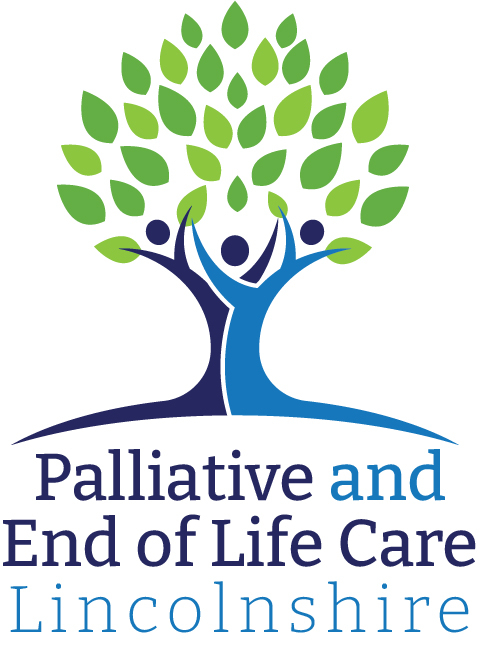
- The World Health Organization (WHO) defines palliative care as follows [WHO, 2002]:
- 'Palliative care is an approach that improves the quality of life of patients and their families facing the problems associated with life-threatening illness, through the prevention and relief of suffering by means of early identification and impeccable assessment and treatment of pain and other problems, physical, psychosocial, and spiritual.'
- 'Palliative care:
- Provides relief from pain and other distressing symptoms.
- Affirms life and regards dying as a normal process.
- Intends neither to hasten nor postpone death.
- Integrates the psychological and spiritual aspects of patient care.
- Offers a support system to help patients live as actively as possible until death.
- Offers a support system to help the family cope during the patient's illness and in their own bereavement.
- Uses a team approach to address the needs of patients and their families, including bereavement counselling, if indicated.
- Will enhance quality of life, and may also positively influence the course of illness.
- Is applicable early in the course of illness, in conjunction with other therapies that are intended to prolong life, such as chemotherapy or radiation therapy, and includes those investigations needed to better understand and manage distressing clinical complications.'
- The National Institute for Health and Care Excellence defines palliative care as [NICE, 2004]:
- 'The active holistic care of patients with advanced, progressive illness. Management of pain and other symptoms and provision of psychological, social and spiritual support is paramount. The goal of palliative care is achievement of the best quality of life for patients and their families. Many aspects of palliative care are also applicable earlier in the course of the illness in conjunction with other treatments.'
- Much of the support given to people is from professionals who are not specialists in palliative care.
- Professionals providing general palliative care services (for example members of primary care teams) should aim to meet the needs of a person and their family within the limits of their knowledge and competence. Specialist advice should be sought or the person referred to specialist services when necessary.
- The aim of general palliative care is to provide:
- Information for the person and their carers, with 'signposting' to relevant services.
- Accurate and holistic assessment of a person's needs.
- Co-ordination of care teams in and out of hours and across boundaries of care.
- Basic levels of symptom control.
- Psychological, social, spiritual, and practical support.
- Open and sensitive communication with the person, their carers, and professional staff.
- Specialist palliative care services manage complex palliative care problems that cannot be dealt with by generalist services.
- Ideally, professionals who are not specialists in palliative care, who care for people with advanced cancer, should have access to specialist advice at all times.
- Specialist palliative care services are likely to include:
- Multidisciplinary specialist palliative care teams to provide assessment, advice, and care for people with advanced cancer in all locations.
- Specialist in-patient facilities (for example hospice beds) for people with complex problems that cannot be managed adequately in other settings.
- Bereavement support services.
- Specialist palliative care services may be provided by statutory and voluntary organizations. Care may be provided in community, hospice, and hospital settings.